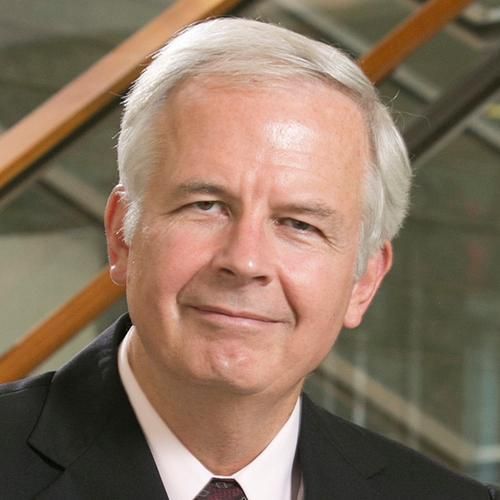PCSK9 activation promotes early atherosclerosis in a vascular microphysiological system.
Atherosclerosis is a primary precursor of cardiovascular disease (CVD), the leading cause of death worldwide. While proprotein convertase subtilisin/kexin 9 (PCSK9) contributes to CVD by degrading low-density lipoprotein receptors (LDLR) and altering lipid metabolism, PCSK9 also influences vascular inflammation, further promoting atherosclerosis. Here, we utilized a vascular microphysiological system to test the effect of PCSK9 activation or repression on the initiation of atherosclerosis and to screen the efficacy of a small molecule PCSK9 inhibitor. We have generated PCSK9 over-expressed (P+) or repressed (P-) human induced pluripotent stem cells (iPSCs) and further differentiated them to smooth muscle cells (viSMCs) or endothelial cells (viECs). Tissue-engineered blood vessels (TEBVs) made from P+ viSMCs and viECs resulted in increased monocyte adhesion compared to the wild type (WT) or P- equivalents when treated with enzyme-modified LDL (eLDL) and TNF-α. We also found significant viEC dysfunction, such as increased secretion of VCAM-1, TNF-α, and IL-6, in P+ viECs treated with eLDL and TNF-α. A small molecule compound, NYX-1492, that was originally designed to block PCSK9 binding with the LDLR was tested in TEBVs to determine its effect on lowering PCSK9-induced inflammation. The compound reduced monocyte adhesion in P+ TEBVs with evidence of lowering secretion of VCAM-1 and TNF-α. These results suggest that PCSK9 inhibition may decrease vascular inflammation in addition to lowering plasma LDL levels, enhancing its anti-atherosclerotic effects, particularly in patients with elevated chronic inflammation.
Duke Scholars
Published In
DOI
EISSN
ISSN
Publication Date
Volume
Issue
Start / End Page
Related Subject Headings
- 4003 Biomedical engineering
Citation
Published In
DOI
EISSN
ISSN
Publication Date
Volume
Issue
Start / End Page
Related Subject Headings
- 4003 Biomedical engineering


